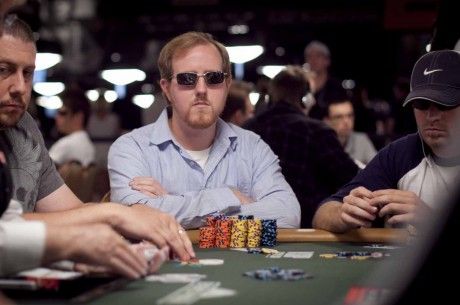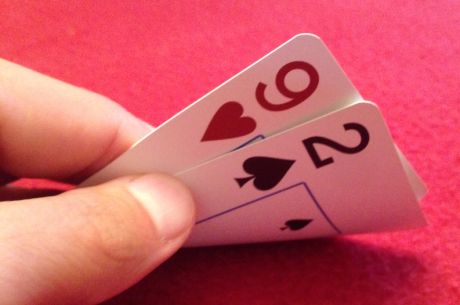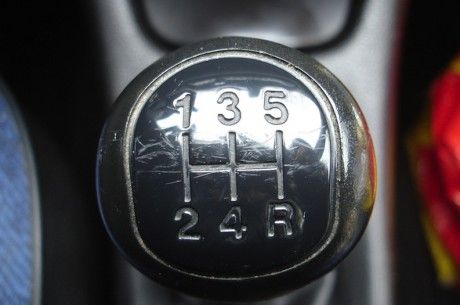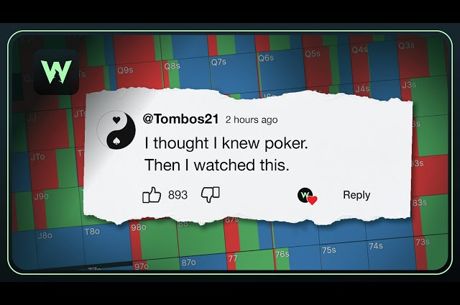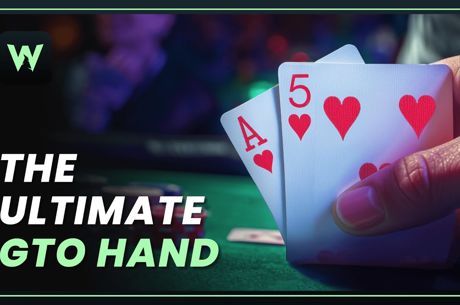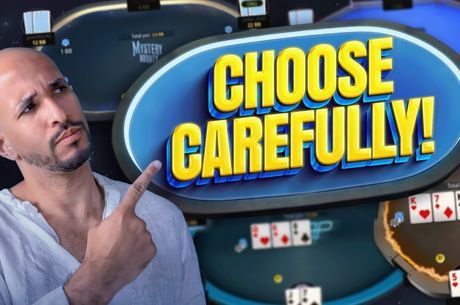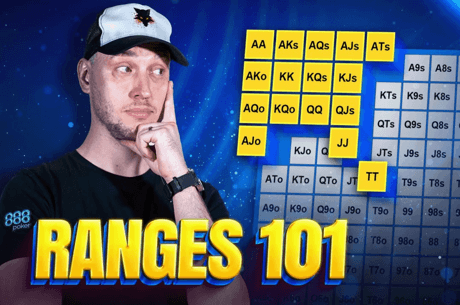Check Out the “Table Traffic” and Look Left Before You Act
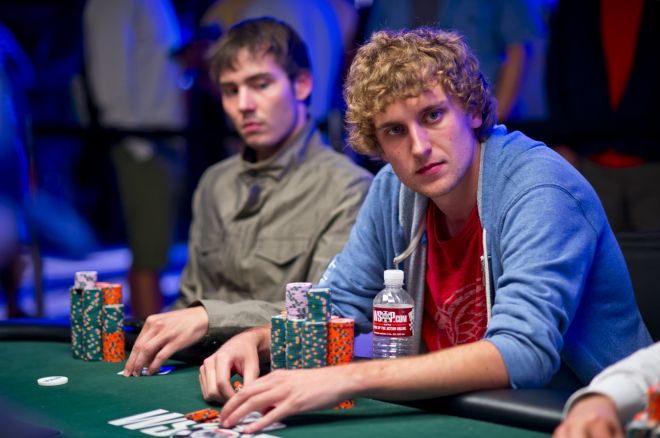
In countries where they drive on the right side of the road you’ll sometimes see signs or messages painted on the street instructing pedestrians to “LOOK LEFT” before crossing the street. Such warnings can come in handy, especially to those trained to look the other way before stepping out onto the road.
Yesterday Jim Dixon shared some advice about how it is important when studying poker to “Practice Active Learning Off the Felt.” Near the end he mentioned how sometimes when reading a poker strategy book he will jot down things he has learned as tasks he intends to concentrate on the next time he plays. His examples included short directives like “three-bet more in position,” “protect my weak hands,” and “look left before acting.”
You might have heard a similar recommendation before in poker to “look left” before acting. What is meant by the advice?
Say you are in the cutoff seat as a hand of no-limit hold’em is being dealt. Players in early position begin folding their hands. By looking left you see your neighbor on the button and the two sitting in the blinds. Why look at them instead of the action occurring in front of you?
For one thing, whatever those players sitting in early and middle position decide to do, you’ll know about it before it is your turn to act. You’ll be able to make your own decision about what to do with the knowledge of the others on your right all folding or betting or raising. Such is the advantage of playing with position.
Meanwhile, you’ll have to act before the button or blinds do. By looking to your left, you may get an early indication what their plans might be in the form of how they hold their cards, whether or not they are reaching for their chips, their apparent level of interest, or by other means.
More often than not you probably won’t glean any extra information, but sometimes you will. In low-stakes games especially, players are occasionally not too careful to mask their intentions, say, when dealt a poor starting hand and intending to fold.
Say the table folds around to you and having looked left you saw the button holding his cards as if ready to toss them away. You’ve been dealt a marginal hand yourself, but you might be encouraged to raise anyway to steal the button and perhaps the blinds, too. Or you might see a player in the blinds moving his chips around as if ready to go to battle. If you haven’t seen him do that before, that might discourage you from stepping from the curb with a raise (so to speak).
PokerNews Strategy contributor Andrew Brokos is one who frequently speaks of the importance of looking left. Over on his Thinking Poker blog, he once wrote about how looking left translated into tangible benefits for him in a tournament:
“It was unbelievable how many people were telegraphing their actions,” writes Brokos. “One guy even counted out chips and stacked them on top of his cards when he was going to raise.... There were at least five instances where I made a play based on what I saw behind me — either folded a marginal open or raised a hand I would have folded. And that’s despite the fact that I was looking left less than half the time.”
He concludes by noting that the experience reminded him how important looking left can be. “I’m starting to think doing this consistently should be my single biggest priority in terms of skill development,” he says.
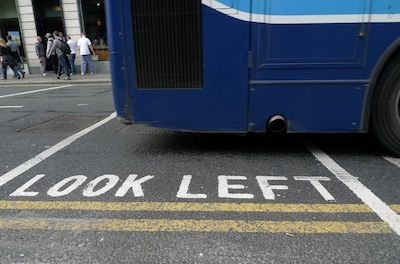
Whether or not you pick up as much useful information as Andrew did by looking left remains to be seen. But you won’t know unless you are looking to see it. Even if all you see are stoic, unrevealing players waiting their turn to act, you are at least getting in the habit of paying attention at your table — and doing so in a constructive way.
You might even discover when looking to your left whether or not your opponents are bothering to look to their left, which should tell you something about their level of awareness at the table.
And perhaps whether you might be able to run them over.
Photo: “Look Left,” pixonomy. Creative Commons Attribution-NoDerivs 2.0 Generic.
Get all the latest PokerNews updates on your social media outlets. Follow us on Twitter and find us on both Facebook and Google+!

